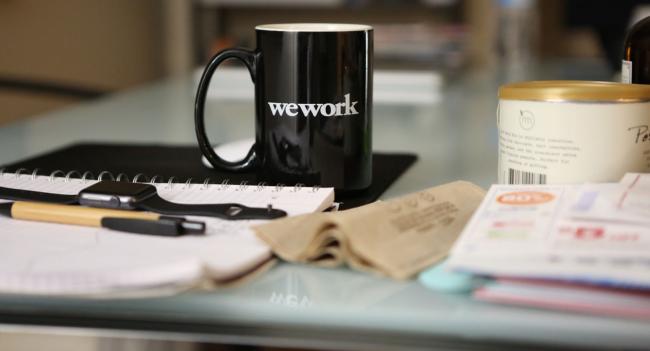WeWork: Oil Money and the Challenge of Achieving Carbon Neutrality
Here we share a newly developed case on WeWork, a company that is rethinking office space as community. Here is brief summary:
WeWork, a company that provides shared workspaces, has taken a stand on sustainability. It has committed to carbon neutrality by 2023, and it has stopped serving meat to its employees as well as reimbursing them for meals that contain meat—because of concerns about the environment and animal welfare.
But the company gets significant funding from Saudi Arabia, indirectly—money that comes from the sale of crude oil reserves. And Saudi Arabia is tied to various human rights violations, including the murder of Jamal Khashoggi. So WeWork’s values conflict with Saudia Arabia’s actions.
Through looking at WeWork’s situation, this case study delves into the role corporations play in society. Should they consider whether their investors’ values align with their own? Should a company be held responsible for its investors’ actions, or does a duty to shareholders trump such ethical questions?
The case study enables students to:
- recognize external factors that may influence financial investments
- debate the ethics of accepting investments from parties that do not align with the company mission
- evaluate the boundaries of corporate values and individual employee values
- question the need for companies to take a political stance
Interested in having your company featured in a case study?
A successful case study requires three key components: a topic that fits the pedagogy of a business school classroom, a protagonist around which the story centers and a central tension or question to focus discussion. Once these components have been established, faculty and select students will work with the company to develop the storyline.













